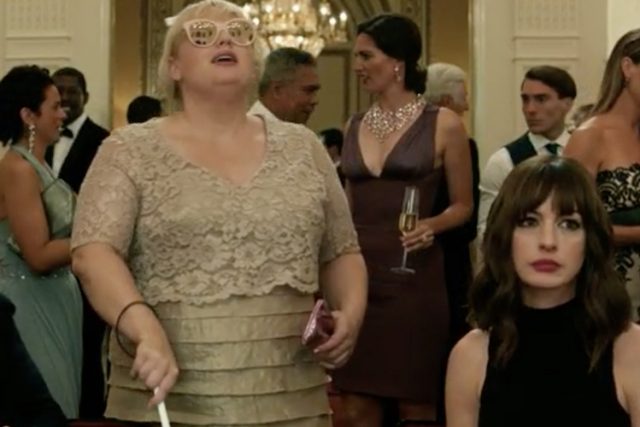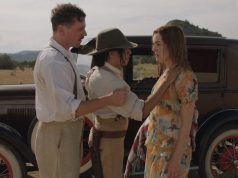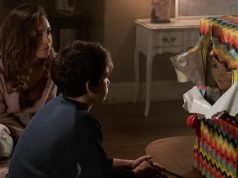
The story and premise of “The Hustle” are so elegant in their simplicity that it’s no surprise this film has already been made twice: first as “Bedtime Story” (1964), with Marlon Brando and David Niven, then as “Dirty Rotten Scoundrels” (1988), with Steve Martin and Michael Caine. Directed by British TV guy Chris Addison and written by Jac (short for Jacqueline) Schaeffer, this new account of the competing conmen on the French Riviera replaces the fusty Englishman with Anne Hathaway, the crass American with Rebel Wilson, and finds a respectable supply of laughs in the process. It won’t supplant either of its predecessors, but it won’t be embarrassed to sit on the shelf next to them.
Penny (Wilson), a brash Australian, is a small-time hustler who specializes in taking money from awful men. Josephine Chesterfield (Hathaway), a refined Brit, is Penny’s big-league equivalent, bilking well-heeled heels in the fictional French resort town of Beaumont-sur-Mer. The two meet on a train in France, and while Josephine is impressed by Penny’s skills, she doesn’t want an amateur messing up the cozy situation she’s got going. They spend the rest of the film alternating between working together and working against each other, ultimately agreeing that whoever succeeds first at getting $500,000 from a naive young tech tycoon (Alex Sharp) will “own” Beaumont-sur-Mer and the loser will leave town.
Wilson puts her crass bumbling to good use, reining it in so as not to go overboard. Hathaway is better with setups than punchlines, but the role gives the inveterate drama nerd a chance to use several accents and affectations in the service of Josephine’s various phony characters. (The ability to cry on cue is a valuable skill in acting as well as in con-artistry.) It’s Josephine who points out why it’s easy for women to trick men: “No man will ever believe that a woman is smarter than he is.”
That’s as far as the gender discussion goes, though. This isn’t an exercise in man-bashing. There’s no #MeToo undercurrent, and only one passing reference (in a newspaper headline) to Trump. (Fun fact: At one point the film was going to be called “Nasty Women,” from the term Trump used to describe Hillary Clinton in one of the debates. I’m glad they changed it; it would have been wrong for a movie as decidedly apolitical as this.) The plot is mostly the same as “Dirty Rotten Scoundrels,” with some details changed for variety’s sake — Penny feigns psychosomatic blindness rather than paralysis, and her version of Josephine’s mentally challenged sister is bolder and bawdier than Steve Martin’s “Ruprecht.” Farcical through and through, it’s light fun, generally amusing with pockets of hilarity. See it with someone you don’t entirely trust!
B- (1 hr., 34 min.; )





